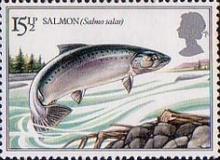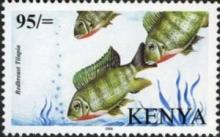Der jurassische Grenzfluss Doubs ist in noch schlechterem Zustand als bekannt
Der durch idyllische Landschaften weitab von Paris und Bern fliessende Doubs leidet seit Jahrzehnten an Verschmutzungen durch Bauern und Abwasserreinigungsanlagen (ARA) sowie Übernutzung durch die Energiewirtschaft. Akut vom Aussterben bedroht ist darum die lokale Fischart Roi du Doubs; ein Aktionsplan von 2015 soll diesen retten. Im Jahr davor hatten Pro Natura, der WWF und der Schweizerische Fischereiverband (SFV) biologisch-chemische Gutachten über die Wasserqualität in Auftrag gegeben. Deren Ergebnisse liegen nun vor, wie die Organisationen am Donnerstag, 30. März 2017, mitteilten.










